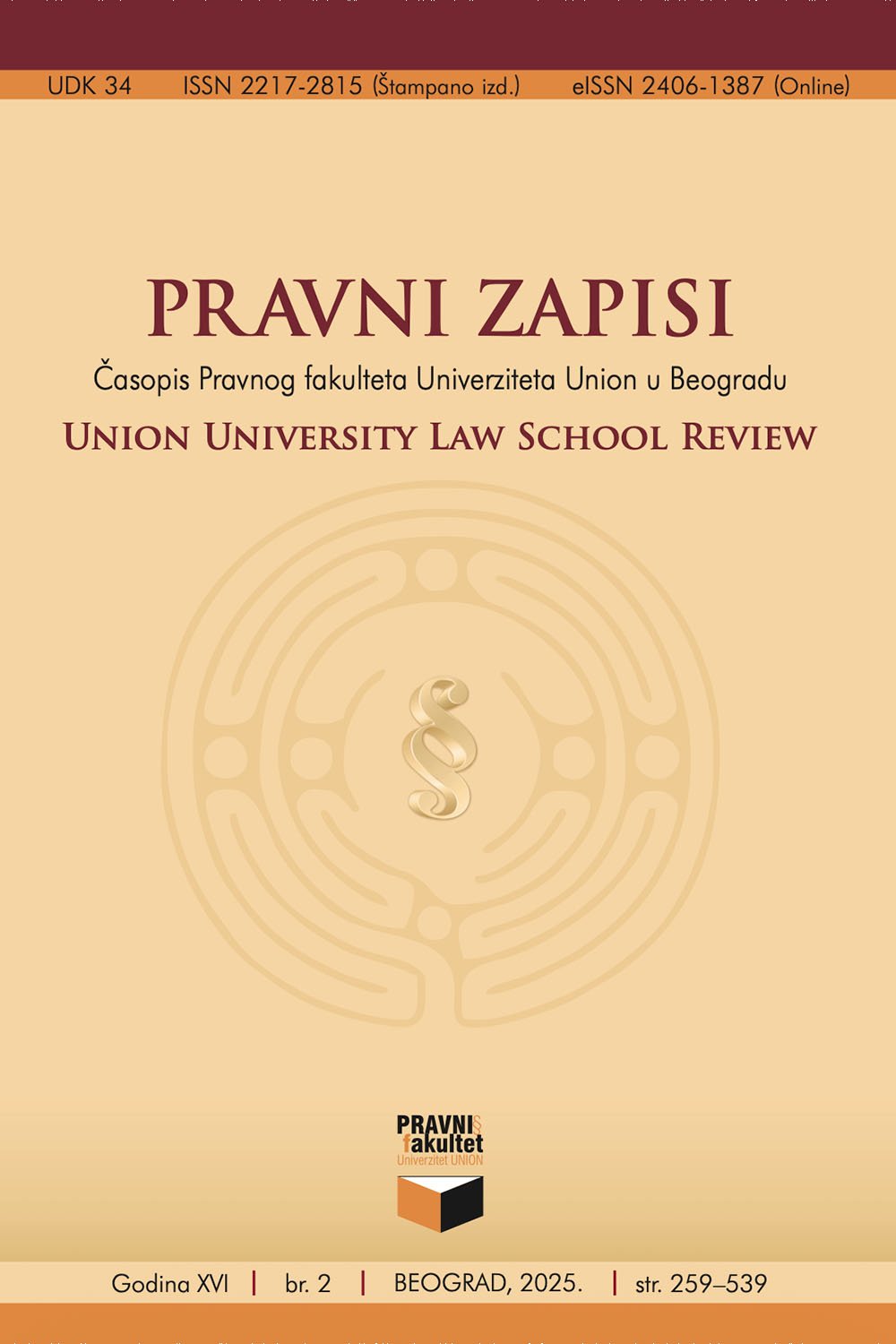PRAVNI ZAPISI • Year XIV • No. 1 • pp. 148-178
IMPUNITY (OR NOT) FOR CIVIL DISOBEDIENCE

Sava Vojnović
Teaching Associate, Faculty of Law, University of Belgrade, Belgrade
e-mail: sava.vojnovich@ius.bg.ac.rs
.
Pravni zapisi, No. 1/2023, pp. 148-178
Review Article
DOI: 10.5937/pravzap1–40771
KEY WORDS
democracy, civil disobedience, punishing, rule of law, justice, legal certainty, Rawls, Dworkin, role of the judges, proportionality
ABSTRACT
Starting from Rawls’s concept of civil disobedience, the author argues that it is carried out on justified moral grounds and must be distinguished from all other tortious actions. It is a communicative act that non-violently and publicly points out problems within a system, thereby guaranteeing itself a position of loyalty to the law, not the opposite. The paper first analyzes the concept of civil disobedience, along with the question of its justification, as well as Dworkin’s point of view on the interpretation of disputed legal norms by citizens who refuse to obey them. It then examines the purposes of punishment as stated in the theory of sanctions – applied to civil disobedience, along with the potential treatment of civil disobedience by judges. The author believes that in each specific case, according to the judgment of the court, such disobedient individuals could either be given reduced sanctions or be completely exempted from punishment.

